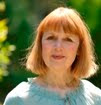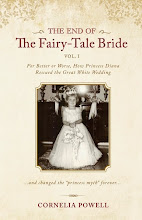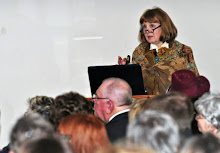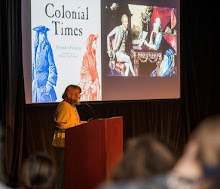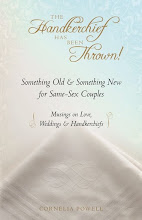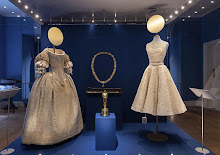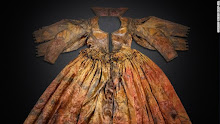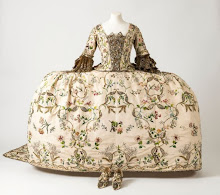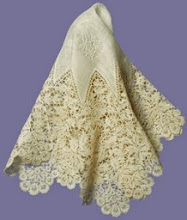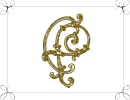Through the years of reading biographies and books focused on Princess Diana—in my studies of women’s history and royal archetypes—I always held royal biographer Sally Bedell Smith as a fair and trustworthy voice. So I was surprised and disappointed recently when she appeared to join misogynistic and patriarchal-leaning writers by referring to strong women as “domineering” and deeply feeling men as “weak.”
On a promotional
tour for her new book, another about the British royal family, Bedell Smith
compared King Edward VIII and Wallis Simpson, the Duke and Duchess of Windsor,
to Prince Harry and Meghan Markle, the Duke and Duchess of Sussex. Calling
Harry “weak” like the Duke of Windsor—because, if I’m understanding her reasoning,
both men fell in love with strong women—and saying that “in some respects
Meghan and the Duchess of Windsor have similar qualities: very narcissistic,
very controlling, very dominating”—because, again, if I’m understanding her
premise, that they were/are strong women. (Et tu…even you, Sally?)
However, people
who know Meghan Markle—and those more inclined to take the high road— would describe
her qualities as “confident, assured, and being a leader.” And she was vilified
for that—like other women who dared to step outside the narrow Windsor box. As
I see it, Meghan, this accomplished, heart-guided woman, fell in love with a
man of great heart—compassionate, caring, sensitive, courageous—a man who was a
fellow activist motivated by creating a kinder world, all in the name of love. (And
a man who inherited his mother’s “exquisite sensitivity of feeling,” in the
words of Jungian analyst Jim Fitzgerald, and is committed to continuing her humanitarian
vision.)
[Click here to read the entire article posted on MEDIUM]







